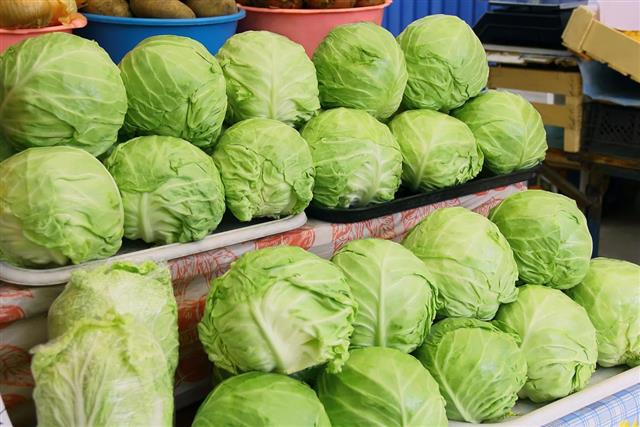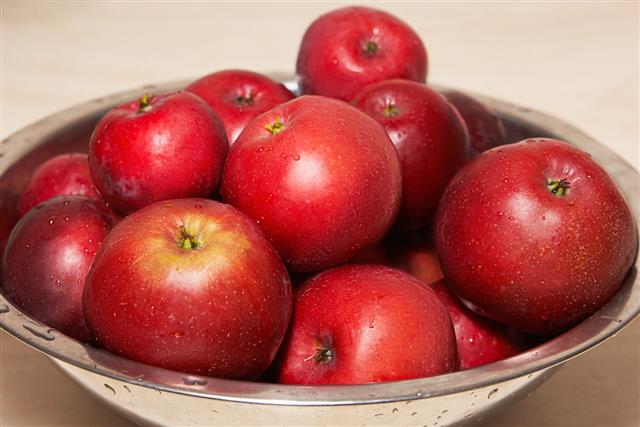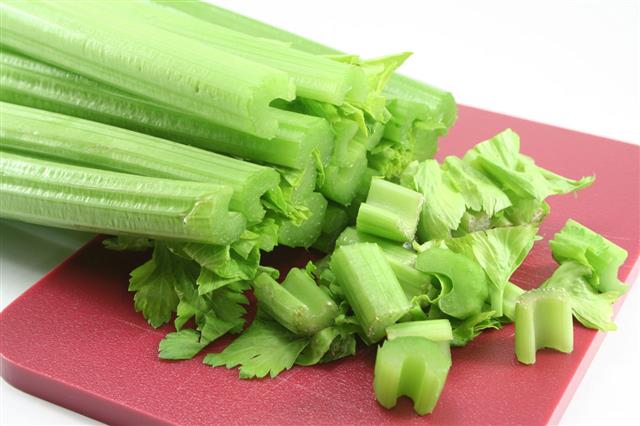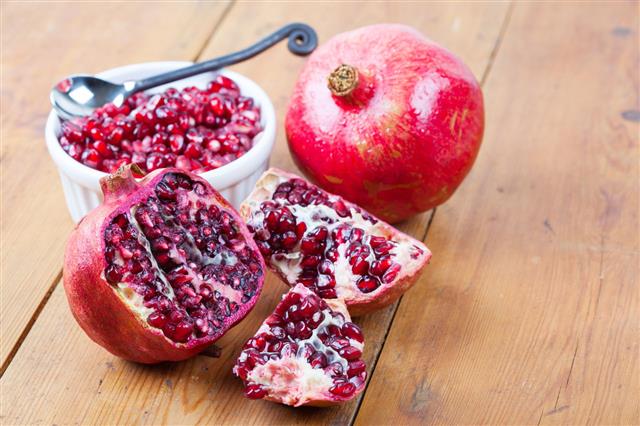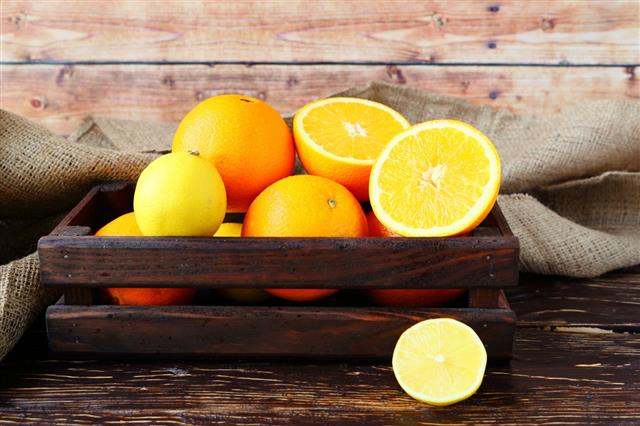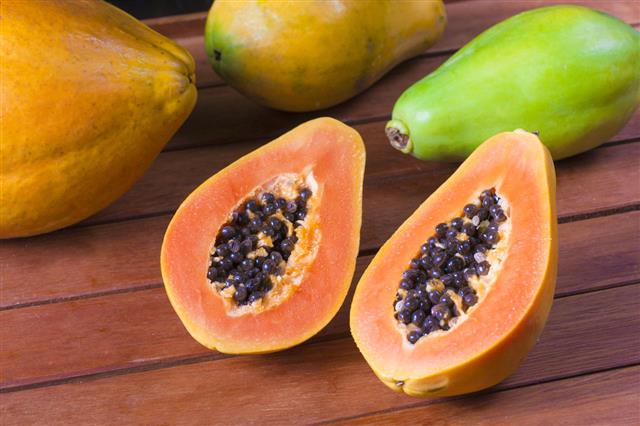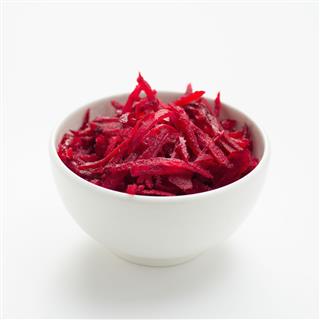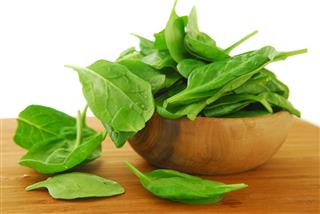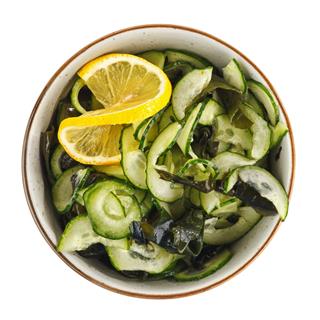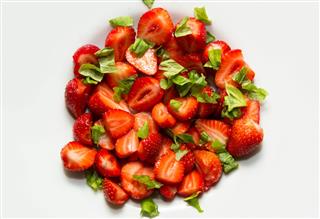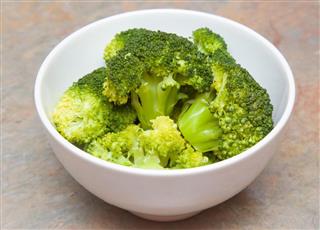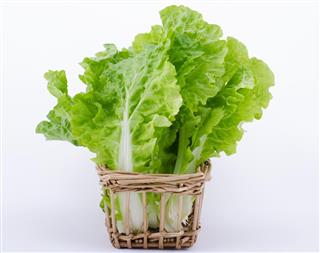
There is no questioning the fact that fruits and vegetables are important constituents of a balanced diet, but is it possible to survive on a diet comprising solely of these two food groups? Is that what the fruit and vegetable diet plan is all about?
While a fruit and vegetable diet is quite effective when it comes to leading a healthy lifestyle and promoting weight loss, not many people are actually aware of it. Which isn’t surprising, considering that it’s a relatively new addition to the list of fad diets.
It does sound quite like a vegan diet, wherein the person is expected to feed on fruits and vegetables―ideally raw―and strictly avoid meat and dairy products, but that is not at all the case. In fact, misconceptions like these have hampered the popularity of this diet plan.
Why Fruit and Vegetable Diet?
A fruit and vegetable diet is ideal for those who intend to lose weight or carry out a detox. These two food groups are not just rich in minerals, vitamins, and antioxidants, but are extremely easy to digest as well. That does explain why several health organizations recommend five servings of fruits and vegetables a day.
As the name suggests, this diet is about giving due importance to fruits and vegetables, and consuming more of these on a regular basis. Of these two, vegetables have two main advantages: (i) They contain complex carbohydrates which are not converted to fats easily; and (ii) They are low in calories. Simply put, vegetables fill your stomach, but don’t make you obese.
Even fruits are high in fiber content, and therefore, ideal for your health. The fructose content of fruits is definitely a concern, but you can always opt for fruits that contain a fairly less amount of sugar, like green apples, oranges, pears, cantaloupe, guava, etc., and go with moderate servings of fruits that are known for their high fructose content, such as bananas or berries.
Fruit and Vegetable Diet Plan Options
Short-term Diet Plan
A diet plan which relies entirely on fruits and vegetables is no doubt healthy, but only when it is executed properly. The nutritional requirements of our body are not fulfilled by a particular food group as such, and therefore, a balanced meal becomes important. While a balanced diet is ideally what you need to follow on a daily basis, you can resort to a complete fruit and vegetable diet once in a while; once in a month would be ideal.
You can follow the same continuously for 3 – 4 days; maximum a week, but not more than that. An ideal breakup would be five servings of vegetables and four servings of fruits. This will primarily help you detox, i.e., get rid of all the toxins that have accumulated in your body as a result of consuming processed foods.
Breakfast
A serving of fruit + lettuce/avocado + chamomile tea/green tea
Choose from: Apples, oranges, pears, strawberries, watermelon, bananas, blueberries, papaya, cantaloupe, guava, blackberries, etc. (You can even make a fruit smoothie using any of these fruits.)
Morning Snack
A whole fruit or fresh―ideally unsweetened―juice
Lunch
A large vegetable salad with as many different vegetables as you can include.
Choose from: Lettuce, cucumbers, tomatoes, broccoli, carrots, potatoes, beans, asparagus, greens, cabbage, spinach, eggplants, collard greens, alfalfa sprouts, Brussels sprouts, Baby spinach leaves, green onions, etc.
Afternoon Snack
Yukon gold potato/sweet potato or dried fruit and nuts + herbal tea
Dinner
A serving of raw fruits and vegetables
Choose from: Broccoli, celery stalks, baby carrots, radish, lettuce, tomatoes, bean sprouts, celery, kale, parsnips, papaya, apples, watermelon, oranges, strawberries, plums, etc.
Evening Snack (Optional)
A banana or small serving of some fruit
While vegetables and fruits are naturally rich in water, it is important to consume water as well. Consuming alcohol, smoking, or having any other sugar-rich beverages is a complete no-no though.
Long-term Diet Plan
While the short-term diet will help you detox, a long-term diet of fruits and vegetables will do that, and a lot more, i.e., help in weight loss, improve overall health, and―according to an article published in the American Journal of Clinical Nutrition―promote longevity.
However, when we say a long-term diet, it is not possible to rely solely on fruits and vegetables. Like we said earlier, these two food groups cannot provide us with all the nutrients that are required by our body.
In this case, fruits and vegetables, along with high-fiber whole grains, should cover a major portion of your diet. Your diet should not stress on exclusion of meat or dairy products from your daily diet, but instead stress on increasing the quantity of fruits and vegetables that you eat.
You can consume lean meat, low-fat dairy products, white rice, and other such low calorie foods, once in a while, in moderation. While fruits and vegetables will provide various vitamins and nutrients required by our body, meat and low-fat dairy products will fulfill the protein requirements.
Getting used to a diet which includes more fruits and vegetables will be a bit tough, especially if meat happens to be the most important component of your diet, but you will get used to it gradually. A balanced diet, which happens to be the key to a healthy and long life, free of chronic diseases, is incomplete without nutritious fruits and vegetables. Though a bit difficult to follow, especially with so many temptations around, this diet plan is no doubt rewarding when followed religiously.
Important things to remember
Irrespective of whether you are in pursuit of a healthy life or weight loss, a diet stressing on the importance of fruits and vegetables is ideal for you. So, here are a few pointers which will help you in your pursuit.
- You also need to make sure that you don’t overeat, which you can do by keeping the servings small but frequent, rather than few and large.
- While raw foods are high on nutrients, they may not necessarily go down well with everybody; this is where healthy cooking options, like baking and steaming, come into the picture.
- While fruits in any form are good for health, the fiber content of a whole fruit makes it more nutritional than juice.
- Boiling lowers the nutritional value of food, and deep frying adds fats to your healthy fruits and vegetables, thus, turning them into unhealthy foods. Hence, they are best avoided.
- And lastly, you should have your last meal at least an hour before you go to sleep.
Before you opt for the fruit and vegetable diet, you should consult a dietitian or your medical practitioner, and see whether it is ideal for you. If you are on medication, you may have to avoid certain foods as they might interfere with your medication or overall health. Other than your weight and health, even the type of diet plan you choose will play a crucial role in determining the duration for which you follow it.
Disclaimer: This article is for informative purposes only and does not in any way attempt to replace the advice offered by an dietitian/nutritionist.
